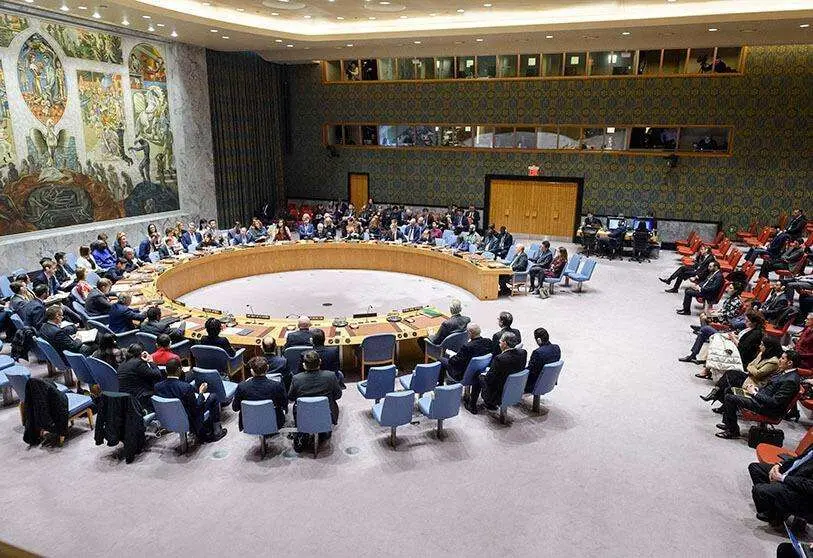Arab League Calls for Increased Efforts Towards a Nuclear-Weapon-Free Middle East

The Arab League on Friday welcomed the entry into force of the Treaty on the Prohibition of Nuclear Weapons (NPT) and called for intensified international efforts to make the Middle East a nuclear-weapon-free zone, blaming the delay on Israel's "intransigence".
"It is time to intensify international efforts to make the Middle East a nuclear-weapon-free zone," said League Secretary General Ahmed Abulgueit, according to a statement issued by the League.
He welcomed the formal entry into force of the ban treaty, which took place this Friday after its ratification by 50 countries.
Although no country in the region signed it, Abulgueit said that "Arab countries supported international efforts during the negotiation process of this agreement, despite Israel's boycott of the trip as part of its nuclear disarmament policy".

He added that the international interest in the accession of more nations to the NPT "in no way means that Arab countries will accept further delays in achieving the universality of the NPT in the Middle East because of Israel's intransigence to accede to it".
The Nuclear Weapons Treaty is a multilateral nuclear disarmament agreement in which countries commit not to develop, acquire, stockpile, use or threaten to use nuclear weapons, whereas the 1968 Nuclear Non-Proliferation Treaty merely restricted their possession.
Israel is one of only five countries (along with India, Pakistan, North Korea and South Sudan) that have not signed the latter and is widely considered the only country in the Middle East to possess nuclear weapons, although it has never acknowledged this.
The fact that Israel joins the agreement and agrees to subject its nuclear facilities to the International Atomic Energy Agency's safeguards system "is an international request and not an Arab request, as some claim," Abulgueit said.








